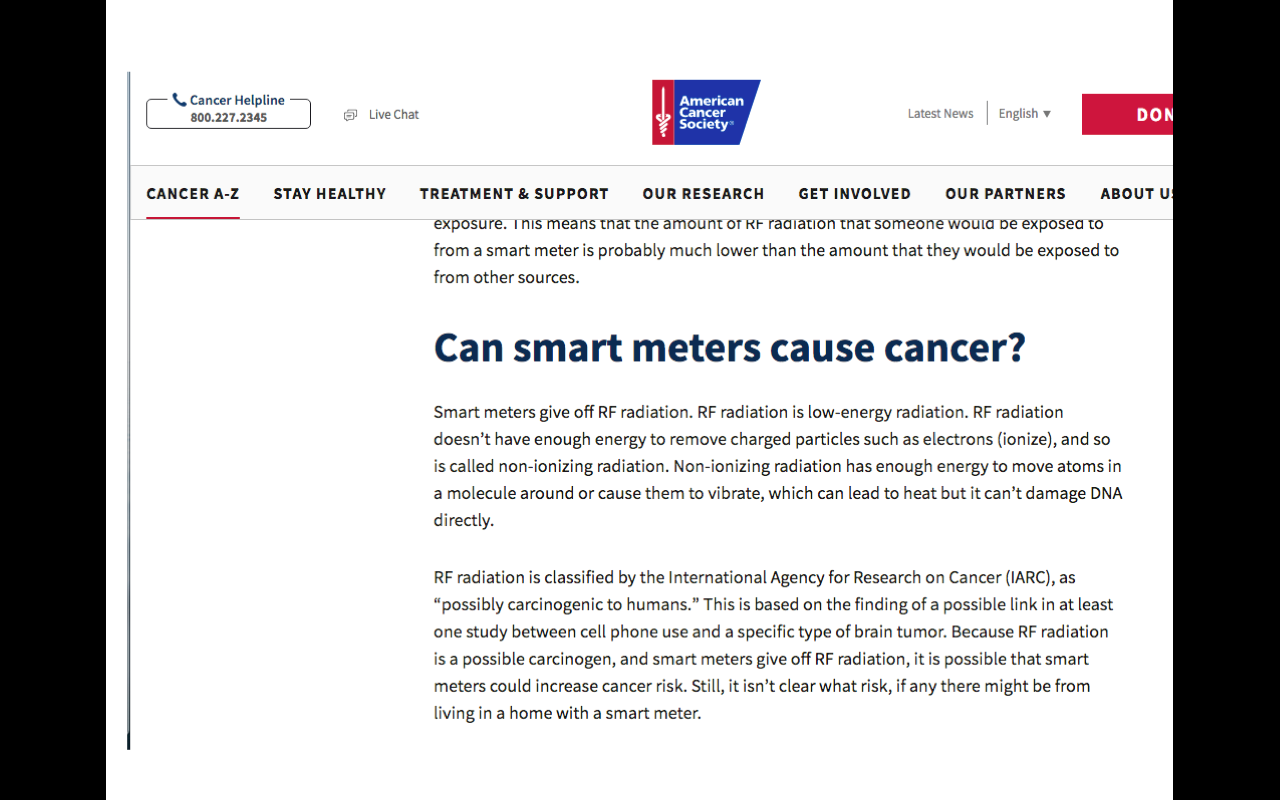By B.N. Frank
American opposition to expensive, hazardous, and privacy invasive utility “Smart” Meters (electric, gas, and water) has been ongoing since companies first started deploying them. A free online documentary was produced about these horrible devices in 2013 and then updated in 2017. Adding insult to injury, the high costs associated with purchasing, installing, and replacing them are usually passed on to customers (see 1, 2, 3, 4, 5, 6, 7, 8, 9, 10, 11, 12, 13, 14, 15, 16, 17, 18, 19, 20, 21).
Despite all the problems associated with these meters – including fires, explosions (see 1, 2, 3) and health risks to humans and pets (see 1, 2, 3) – smart meter deployment has already reached 65% in the U.S. Over the years, the state of Virginia had repeatedly rejected smart meter deployment (see 1, 2). That seems to have changed.
From Utility Dive:
Virginia okays Dominion’s plan to deploy 1.1M smart meters
Published Jan. 11, 2022
Dive Brief:
- The Virginia State Corporation Commission (SCC) on Friday approved Dominion Energy’s proposal to deploy roughly 1.1 million smart meters as part of a $776 million grid transformation plan. The plan also includes investments in security, customer education and telecommunications.
- Deploying the advanced meter infrastructure will cost $198.3 million, according to the plan, which also includes $203.9 million for a customer information platform. The spending approved last week is the second part of Dominion’s 10-year plan to add more renewable energy and increase energy efficiency in the state.
- The SCC had previously rejected Dominion’s smart meter installation proposal twice, citing the high cost and speculative nature of the plan. The smart meter rollout was approved in part because of a new proposal for a time-varying rate and experimental time-of-use rate, which the commission said could reduce the cost impact on ratepayers.
Dive Insight:
Dominion Energy Virginia’s 10-year Grid Transformation Plan, designed in response to Virginia’s 2018 Grid Transformation & Security Act, envisions a broad restructuring of the electricity grid in order to integrate more solar, wind and battery storage technology. The company had argued that as more distributed energy resources come online in response to state and federal policy, it will be necessary to create a more nimble distribution system with responsive rates in order to ensure reliability and cut down on costs.
The second phase of the plan approved by the SCC covers $666.5 million in capital spending for 2022 and 2023, which the company can seek recovery of in a future proceeding. The plan will allow Dominion to spend $194.4 million in grid technologies, including intelligent grid devices and fault location, isolation and service restoration projects targeted at grid segments with below-average reliability. It also includes $27.7 million on grid infrastructure spending for corridor improvements and voltage island mitigation.
As we bring more renewable energy onto our grid to build a cleaner future, and focus on increasing resiliency, we must modernize the way the system works,” said Charlene Whitfield, senior vice president of Power Delivery at Dominion Energy Virginia, in a statement. Whitfield added that the decision “ensures that we can remain agile as a company to deliver the reliable, affordable, and increasingly clean energy that our customers want and expect.”
SCC had denied the smart meter proposal in previous filings, saying it was based on speculation and would impose heavy costs on Dominion’s customers. However, the modified proposal includes incentives for customers to reduce electricity use at times of high demand and a timeline to implement those rates system-wide. Dominion had installed roughly 715,000 smart meters by the end of 2020 and envisions full deployment of smart grids for its 2.3 million residential customers by 2024.
However, environmental and consumer advocate group Appalachian Voices continued to argue against the plan, saying in a November filing that the request “falls woefully short of a reasonable and prudent standard.” The group said that smart meter approval should have been conditioned on a requirement “to implement a universal peak-time rebate” as well as inclusion of the Connect-My-Data standard required in five other states, which enables standardized data collection.
In August 2021, Dominion Energy filed a $1.5 billion clean energy investment, including up to 1,100 MW of solar, in Virginia, part of a planned $26 billion in spending on emissions reduction technology over five years. The Virginia Clean Economy Act requires Dominion to procure a combined 16 GW of solar and onshore wind by the end of 2035.
Activist Post reports regularly about utility “Smart” Meters and other unsafe technology. For more information, visit our archives and the following websites:
- Coalition to Stop Smart Meters
- EMF Safety Network
- StopSmartMeters.org
- Smart Meter Harm
- Smart Grid Awareness
- Smart Meter News
- Smart Meter Education Network
- Take Back Your Power
- The People’s Initiative
- Wireless Information Network
- Electromagnetic Radiation Safety
- Environmental Health Trust
- Physicians for Safe Technology
- Wireless Information Network



